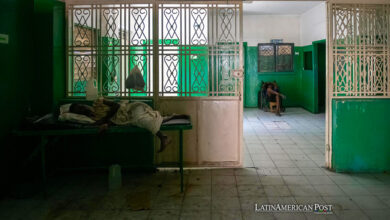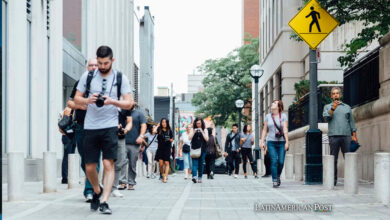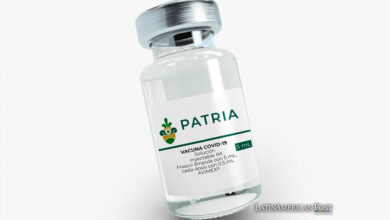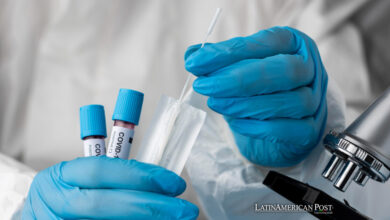COVID-19 and the decolonization of Indigenous public health
Indigenous communities in Canada have experienced lower rates of infection and lower death rates from COVID-19 than the general population.
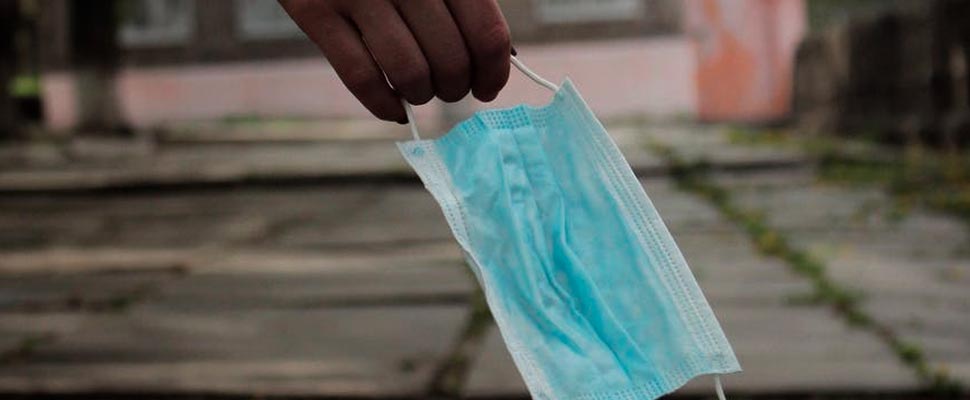
Aboriginal communities in Canada have been better at treating COVID-19, achieving lower infection and mortality rates. / Photo: Pexels
EurekAlert | Canadian Medical Association Journal
Listen to this article
Leer en español: COVID-19 y la descolonización de la salud pública indígena
Indigenous self-determination, leadership and knowledge have helped protect Indigenous communities in Canada during the coronavirus disease 2019 (COVID-19) pandemic, and these principles should be incorporated into public health in future, argue the authors of a commentary in CMAJ (Canadian Medical Association Journal).
Indigenous communities in Canada have experienced lower rates of infection and lower death rates from COVID-19 than the general population despite significant differences in social determinants of health, such as adequate housing, access to clean water and healthy food as well as income disparities. First Nations people living on reserve had a COVID-19 case rate 4 times lower than the general population, 3 times fewer deaths and a 30% higher recovery rate.
"Governments, policy-makers and public health providers must embrace the knowledge, expertise and strong leadership of Indigenous communities to face COVID-19," write Dr. Lisa Richardson, a physician at University Health Network and Dr. Allison Crawford, a psychiatrist at Centre for Addiction and Mental Health, Toronto, Ontario.
Public health approaches in Canada were shaped by repressive colonial practices, which outlawed traditional Indigenous cultural and healing practices, forced Indigenous Peoples to seek health care far from their communities and had other negative effects.
Also read: As pandemic progressed, people's perceived risks went up
The lower incidence of COVID-19 in Indigenous communities may be due to Indigenous ownership of practices to stem the spread of the virus.
"During COVID-19, many Indigenous communities have shown self-determination by articulating and enforcing rules on who can enter their communities, often implementing far stricter measures than those enacted by local municipalities, such as closures and checkpoints," write the authors.
Indigenous self-determination must shape public health approaches during future waves of COVID-19, they urge.
"Anticipating further waves of COVID-19, it is important that the design, implementation and leadership of public health by First Nations, Inuit and Métis communities continue in Canada. At its foundation, Indigenous public health must be self-determined: adapted for the needs of specific nations and grounded in local Indigenous language, culture and ways of knowing; developed, implemented and led by Indigenous Peoples; and informed by ongoing monitoring of data as governed by appropriate data sovereignty agreements."
All levels of governments in Canada must work to address the social determinants of health to improve health in the short-term as well as lay the foundation for longer-term improvements.

